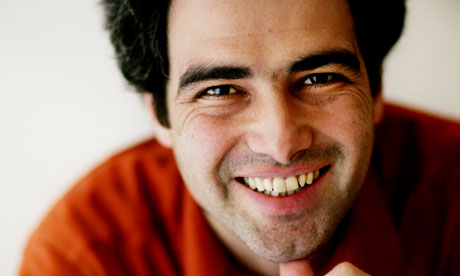Robert Worth in the NYT:
That is what made the Libyan revolt such a riveting spectacle: unlike the other embattled Arab Spring dictators, Qaddafi showed no doubt, no instinct for compromise and self-preservation. He never really tried to stave off the end with half-hearted “reforms.” He seemed to know he was plunging himself and Libya down a tragic path, and, like Macbeth, to embrace it. Perhaps he understood that he had gone “so far in blood” that there was no turning back. In retrospect, his whole 42-year reign seemed to follow an inexorable arc toward ruin. From the handsome young revolutionary who inspired such hope in his people he transformed into the drugged, puffy-faced madman howling for slaughter in the streets of his own cities. Many Libyans told me they believed Qaddafi used black magic to keep himself in power for so long. I was almost tempted to believe it. I found Chadian witchcraft amulets in some of the weapons depots abandoned by his loyalists. Before his death, he behaved like someone who had sold his soul to the devil, and, like Faust, was waiting to be dragged down to Hell.
